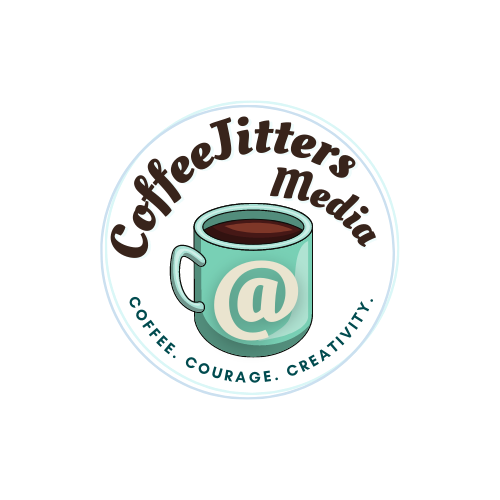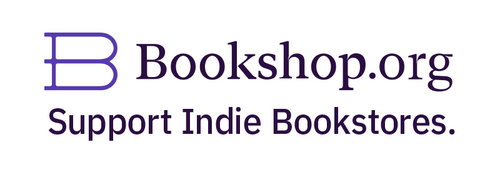
How to Juggle Cancer and Parenting: Kathy Stokes’ Story
| Age at diagnosis: 46 | Diagnosis Date: Sept 2012 |
| Type of Cancer: Breast cancer – poorly differentiated invasive ductile carcinoma. stage I category III |
Stage at Diagnosis: Stage 1 |
| Treatment Plan: Bilateral mastectomy with reconstruction, Chemo 20 weeks followed by 42 add’l weeks with herceptin every 3 weeks |
How did you tell your kids about the cancer diagnosis?
Explained that we have millions of cells in our bodies and that sometimes some of them go bad. When they stick together they create a tumor. That tumor is cancer. Docs don’t know how we get cancer but they know how to get rid of it. Told them it’s no one’s fault and that it wasn’t contagious. Asked them what questions they had, and we’ve been talking regularly (not scheduled).
How did your kids respond?
11 year old twins. Son had several spot on questions (How do you know it’s even there?) and my daughter shut down. Couldn’t stop crying but wouldn’t talk. I told her that when she wanted to ask anything that I’d answer as best as I could. I told her I loved her. By the end of the day she was her normal self.
What are some things you did that worked really well for your family with regards to dealing with the cancer, and treatment, while raising children?
I’m divorced but asked my ex to be there to tell the kids. That was a big support mechanism in the sense of “we’re fighting this as a family.” Humor works really well with my kids. It opens them up. Eg, at dinner, daughter asks, “Dad, can I have another chicken breast?” shortly after my surgery. Then she turned to me and said, “Sorry, mom.” And I said, “That’s ok. I’ll have two!” Laughter all around.
Do you have concerns about the long term impact of your cancer on your children?
I do. This is a lot for them to withstand, but if I make it through, which I fully intend, they will have matured in a hard but positive way.
What advice would you give to other parents who are diagnosed with cancer?
Be as straight as you can to you kids in the conversation. Tell them what you know them capable of handling. Line up support and tell them you all have backup whenever you need it. Make sure their lives go on as normally as possible through treatment. Don’t let them skip ballet or a music lesson. And tell them as much as they can stand to hear it that you love them.
What concerns or fears troubled you the most?
How my kids would react. And chemo without a partner to help me, and the need to protect my kids from the hard stuff.
How did you deal with those fears?
I continue to see a therapist weekly. Hugely helpful.
Have those fears and concerns changed over time?
Still working on it
What was your darkest moment?
Haven’t had it yet. If I did, it must not have been that bad.
Did you have an online resource that helped you through this experience?
On how to talk to kids: http://www.tellingkidsaboutcancer.com/
I joined a private FB community, but honestly, it was too depressing and everyone was so angry. So not a ton of help.
Did cancer/treatment impact your relationship with your spouse/partner?
Ex-spouse. Nope, it’s as dysfunctional as it’s always been
Are there any resources that you recommend?
What are some solutions you found to practical problems of combining cancer treatment with raising young children?
My kids are 11 so the biggest thing was lining up help from friends to drive them when needed, have them over after school, etc.

You can find more on the How to Juggle Cancer and Parenting Series here:








